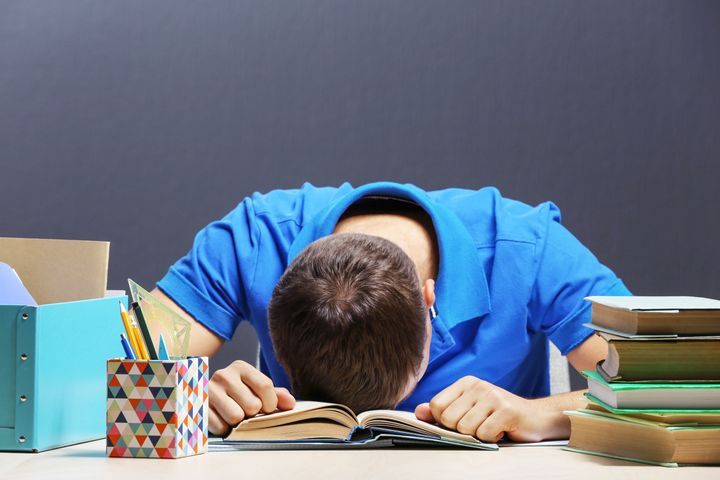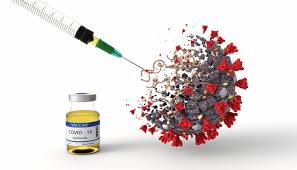Magnet Seeks to Fight Mental Health Problems
How AMHS is helping students in light of new research
This past week, The Washington Post published an online article about the recent listing of students in high achieving schools as an ‘at-risk’ group in regards to behavioral and mental health problems. The article breaks down several years of credible research saying so, and the results are alarming. Being a high achieving school, or seemingly the highest achieving school, this news is especially concerning. Thankfully, the administration of AMHS is working hard to combat the negative consequences of a high pressure school environment.
Last year, the Robert Wood Johnson Foundation conducted a study to determine harsh environments that affect youth wellbeing. Some of the results were obvious: abuse, poverty and discrimination. Yet one of the main negative conditions was “excessive pressure to excel”. This statement includes pressure from all areas of life. Whether it’s a parent at home, coach on the field or teacher in school, young students are constantly facing pressure to succeed. At a high achieving school (like AMHS), these effects are only intensified, and the outcomes are dangerous.
Psychology Professor Suniya Luther has conducted research on the effects of excessive pressure on young students for the last two decades. While studying these students, she found them to have a significant larger amount of anxiety, depression, delinquent activity and substance abuse than students in average schools. In some cases, even 2 to 3 times the national average. The effects are logical, students face anxiety to achieve and are put down when they don’t do as well as their peers.
So with AMHS in this category and the effects so devastating, what is being done to ensure the health and wellbeing of the student body? According to Principal Catherine Spencer, a whole lot. “We deeply care about our students … and we will do all in our power to ensure their well being”. Ms Spencer explained that the administration is aware of this recent research and has been considering many plans of action. This past week, both students and parents got the chance to attend a mental health seminar to hear how to recognize the signs of anxiety and depression. The seminar featured a Magnet Alumnae and a parent of a child who committed suicide. With this information and more to come, the administration hopes students will be able to recognize these signs in themselves and others and seek the necessary help. Additionally, a mental health counselor will be on campus 3 days a week for any student who needs help. “No matter which way they get it, whether it is a teacher, parent, friend or counselor, we strongly hope that all students will be able to get the help necessary” Spencer assures








